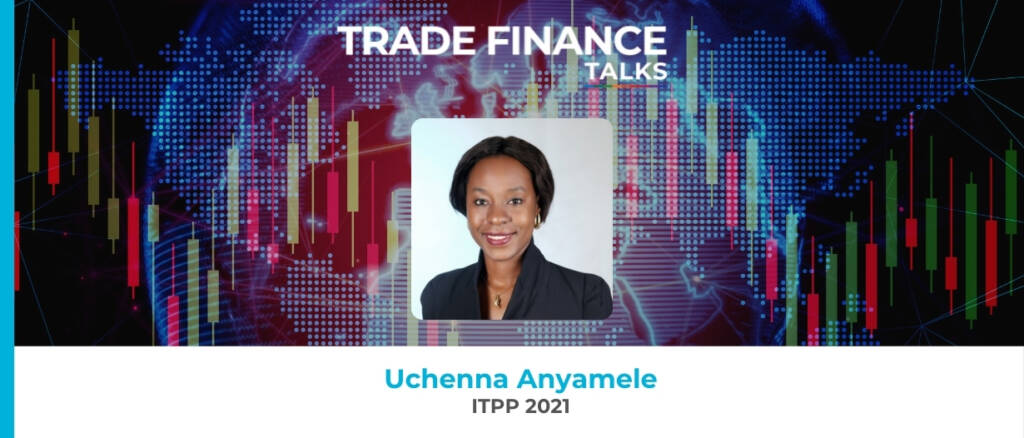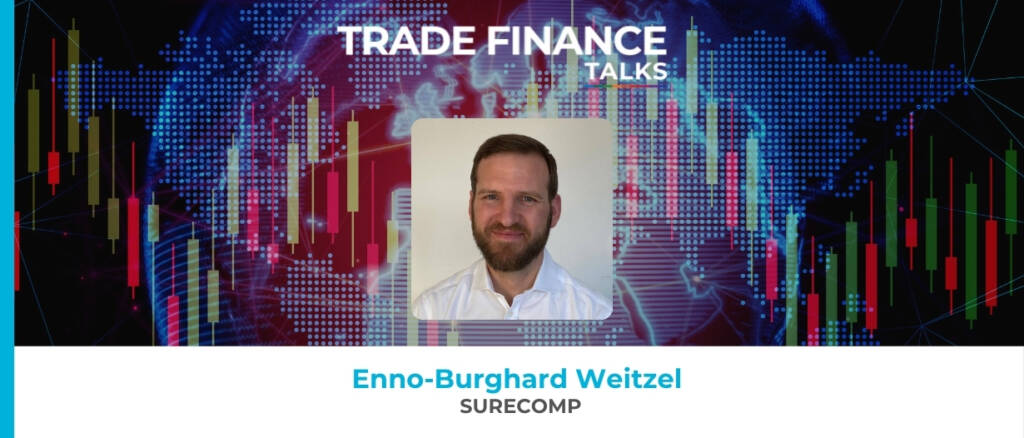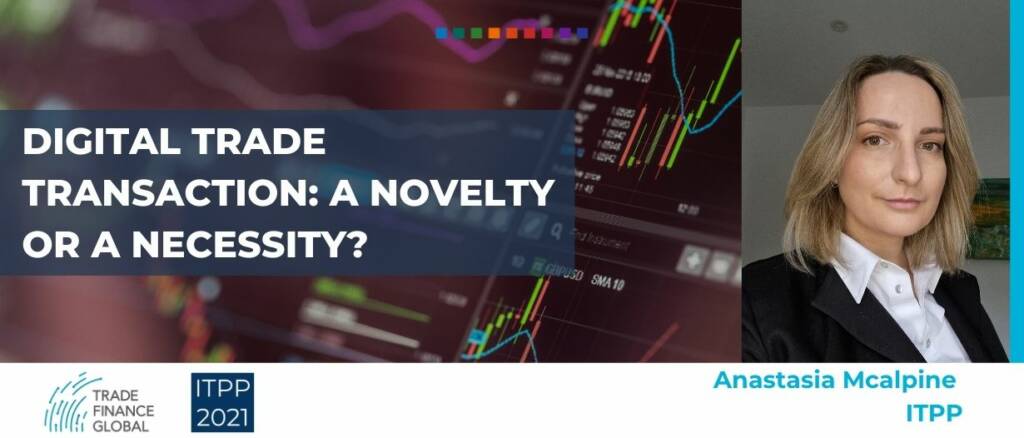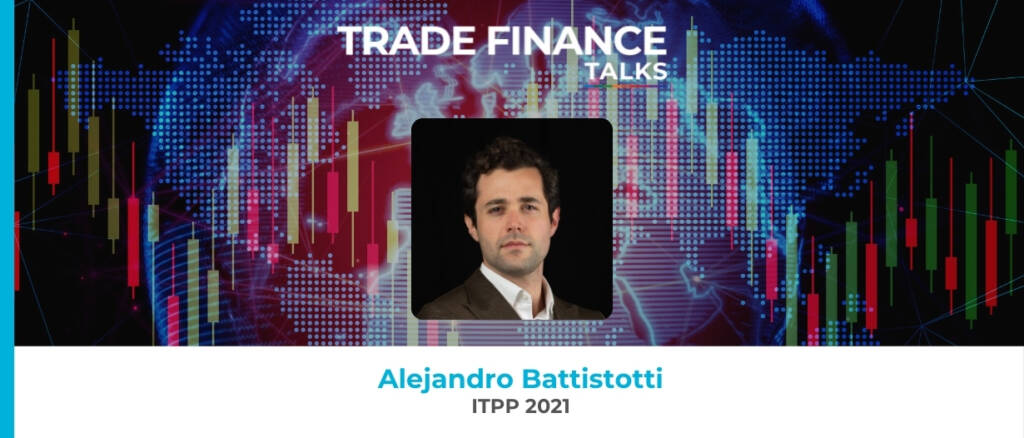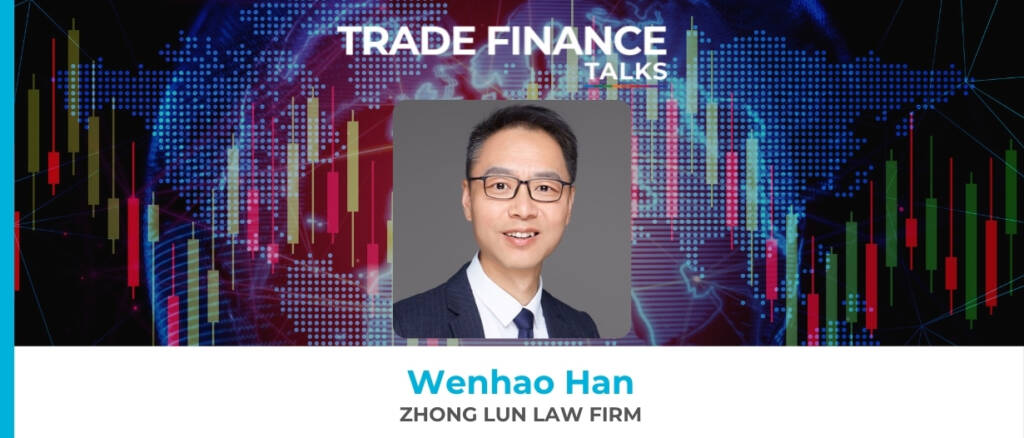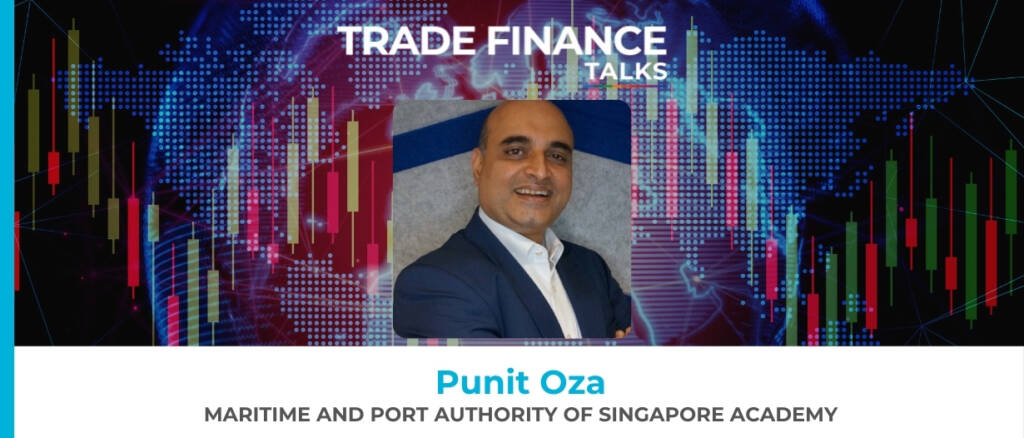By working together and tackling these challenges head-on, we can reduce our emissions and work towards our net zero goal by 2050.
With COP26 just around the corner, Export Credit Agencies, ECAs, are mandated to support government efforts in their fight against climate change.
Digitalisation has become a global priority, but efforts to digitalise trade have been hindered by legislative gaps.
Deepesh Patel, Editor at Trade Finance Global, interviewed Enno-Burghard Weitzel Senior Vice President Strategy, Business Development, Digitization, at Surecomp to discuss MSMEs struggle to access finance and how technology can be crucial to trade growth.
In the wake of the ICC Uniform Rules for Digital Trade Transactions (URDTT) due to publish next month in October, we explore the meaning of a digital trade transaction – underlying assumptions, regulatory framework and future expectations.
New potential applications of blockchain technology through the lifecycle of the trade are in constant development. However, so much input and so much promise is detaching us from the most immediate and practical ways of adopting this technology in trade finance.
Asian country’s integration into global value chains remains surprisingly weak. Peter Born, Chief Representative for Commerzbank in Mumbai, examines why this is the case, and what steps are being taken to address the challenges of the business environment in the country.
The need for trade digitization has never been more prevalent than it is today, especially with pandemic-induced restrictions emphasizing the inefficiency of paper-based trade. Our Editor, Deepesh Patel sat down with Contour’s CEO and Chief Product Officer, as well as TradeLens’ Head of Strategy and Operations, to discuss how fintech can come together to partner to solve these problems.
The impact of the March 2021 incident of the container ship M.V. Ever Given with around 18,300 containers onboard running aground in the Suez Canal has generated international attention and its consequences will continue to unravel for years to come.
TFG heard from Punit Oza, Executive Director at the Singapore Chamber of Maritime Arbitration, who talked about the main pillars that support a transforming organisation in the commercial shipping and freight sector.

















